Writing Menopause
 Writing Menopause: An Anthology of Fiction, Poetry and Creative Nonfiction is a diverse and robust collection about menopause: a highly charged and often undervalued transformation. It includes over fifty works of fiction, creative nonfiction, poetry, interviews and cross-genre pieces from contributors across Canada and the United States that break new ground in portraying menopause.
Writing Menopause: An Anthology of Fiction, Poetry and Creative Nonfiction is a diverse and robust collection about menopause: a highly charged and often undervalued transformation. It includes over fifty works of fiction, creative nonfiction, poetry, interviews and cross-genre pieces from contributors across Canada and the United States that break new ground in portraying menopause.
The collection includes literary work from award-winning writers such as Roberta Rees, Margaret Macpherson, Lisa Couturier and Rona Altrows. Emerging voices such as Rea Tarvydas, Leanna McLennan, Steve Passey and Gemma Meharchand, and an original interview with trans educator and pioneering filmmaker Buck Angel, are also featured.
This anthology fills a sizable gap, finding the ground between punchline and pathology, between saccharine inspiration and existential gloom. Our contributors neither celebrate nor demonize menopause. These are diverse depictions, sometimes lighthearted, but just as often dark and scary. Some voices embrace the prospect of change, others dread it. Together, this unique offering reflects the varied experience of menopause and shatters common stereotypes.
The book came about when we, the editors, were both approaching menopause. Someone in an online writers’ group asked if and how menopause was affecting our writing. This morphed into a discussion about representations of menopause and how there seemed to be a need for more “good stories” about it. Most of the work about menopause that we were reading didn’t reflect our reality or that of women we knew and we saw an opportunity to counter the idea clichéd idea that menopausal women are all used up.
With no funding or publisher, we sent out a call for submissions and kept our fingers crossed. The call specifically excluded anything medical or quasi-medical and requested literary work, stories, poetry, CNF and left an opening for other genres. When the submissions came in, we looked at them in terms of whether they told a good story and the quality of the writing. On a topic this tightly defined, it was inevitable that many pieces about the same idea, like hot flashes, were submitted.
We chose what worked best with the other pieces and tried not to permit too much duplication. With an anthology, it is important to keep the whole in mind when making individual selections. Then we sat back and thought about what the anthology still lacked and sent out a second (even more specific) call, made special requests of a few writers and sought the rights for a few pieces we wanted to reprint.
Occasionally, we filled gaps ourselves. For example, we had hoped to receive something on athletic pursuits and did not. To address this, we wrote a piece on mountaineering and menopause. We also sought out trans men and non-binary people who experienced menopause too in an effort to be more inclusive and, again, break through some clichés.
Unfortunately, we didn’t get everything we wanted. For example, the anthology lacks a piece on early menopause induced by illness. We still lament a few pieces we lost or could not secure the rights to, but had to remind ourselves that this book would be one conversation about menopause and not THE conversation.
As the submissions came in, we were pleasantly surprised to discover how many contributors were talking about sex. Wanting sex. Having sex. And adventurous sex too. When we were still putting the work together, we presented some of the work at a conference put on by the Society for Menstrual Cycle Research, which studies all aspects of reproduction. We were on a panel with academics studying menopause and we found that what we were presenting in fiction and poetry dovetailed with their recent research findings about menopause. Menopausal women are indeed sexually active! The affirmation was a big boost for us and showed us that our instincts about a more realistic view of menopause were correct.
The book is arranged in three sections: Un/done, In/fertile and Un/known. The thematic titles to capture the multiplicity of the menopause experience. You can find out more on our book page.
Like all writers, we went through the arduous process of pitching the book and finding a publisher. We’re happy to have been accepted by Inanna Publications, a great feminist publisher in Canada. They have been wonderfully supportive. Although most of the contributors are Canadian, the book includes writers from New York, Maryland, Georgia, Florida, California, Ohio, Michigan, Iowa, Virginia and Maine. It’s great to have this wide representation.
—
 Jane Cawthorne’s work has appeared in newspapers, magazines, literary and adademic journals, and on CBC. Her play, The Abortion Monologues, has been produced many times in the United States and Canada. Jane has an MFA in Creative Writing from the Solstice Program at Pine Manor College in Boston and lives in Toronto.
Jane Cawthorne’s work has appeared in newspapers, magazines, literary and adademic journals, and on CBC. Her play, The Abortion Monologues, has been produced many times in the United States and Canada. Jane has an MFA in Creative Writing from the Solstice Program at Pine Manor College in Boston and lives in Toronto.
 E.D. Morin’s fiction, poetry, interviews, book reviews, and essays have appeared in such publications as Fiction Southeast, The Antigonish Review, Alberta Views, Wascana Review and Alternatives Journal, and her work has been produced for broadcast on CBC Radio.
E.D. Morin’s fiction, poetry, interviews, book reviews, and essays have appeared in such publications as Fiction Southeast, The Antigonish Review, Alberta Views, Wascana Review and Alternatives Journal, and her work has been produced for broadcast on CBC Radio.
Winner of the 2007 Brenda Strathern Late Bloomers Writing Prize, Elaine co-directs the annual Calgary reading series Writing in the Works.
Category: On Writing




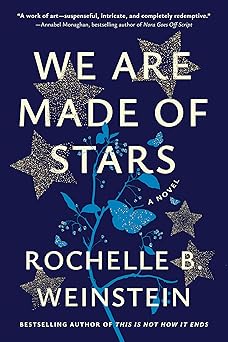
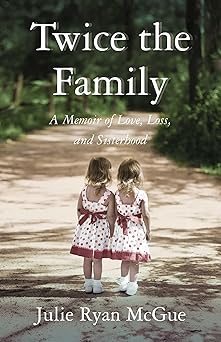
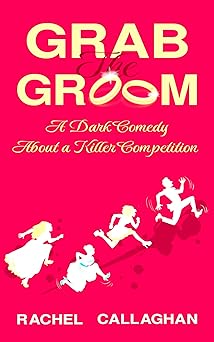
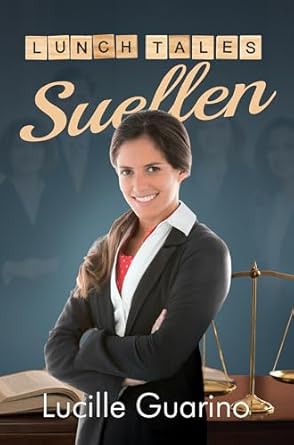

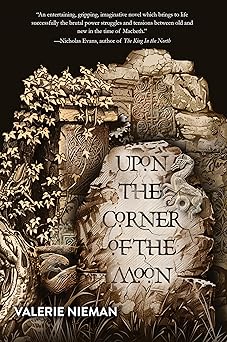
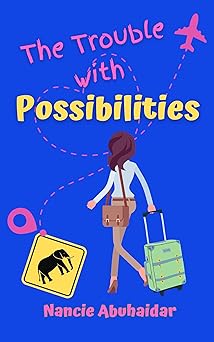
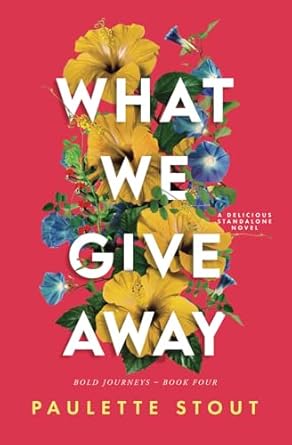
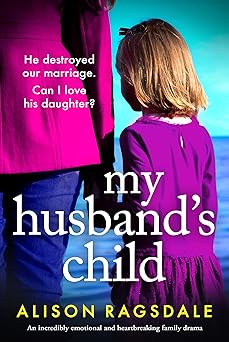
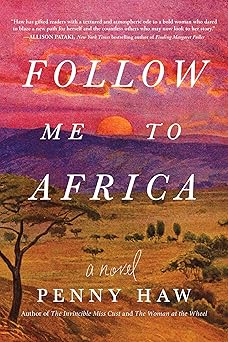
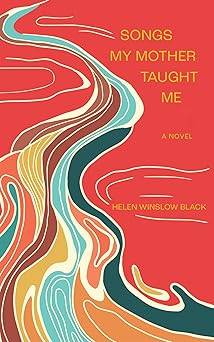
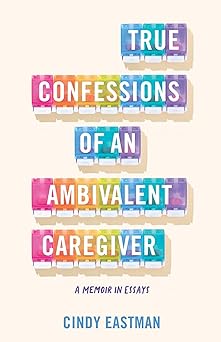
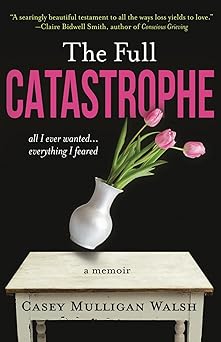
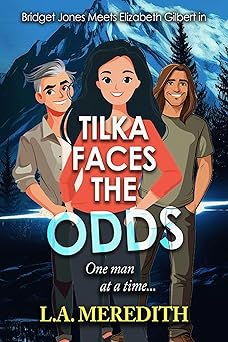
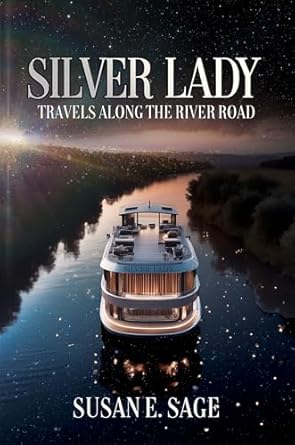
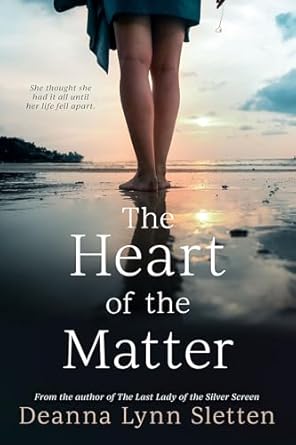
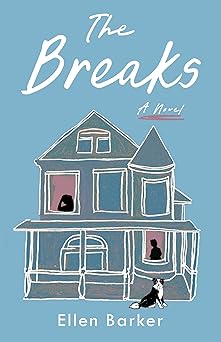
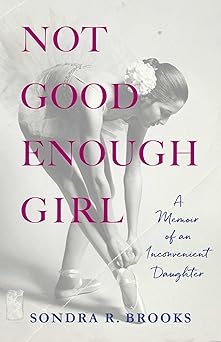
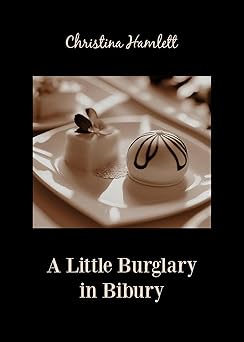
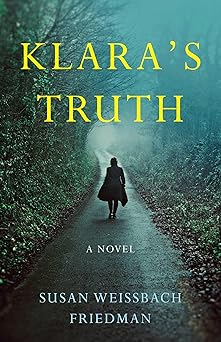
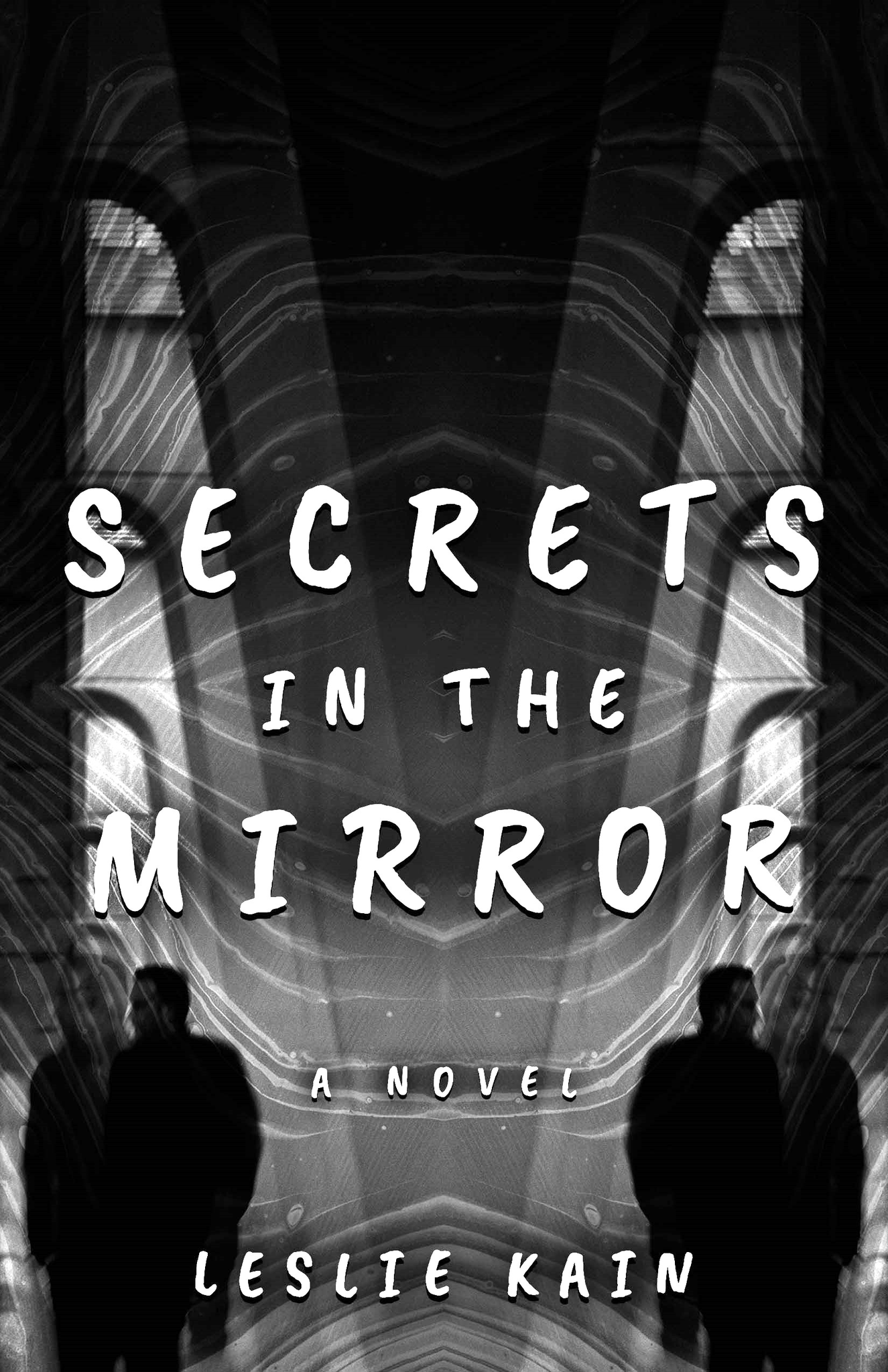
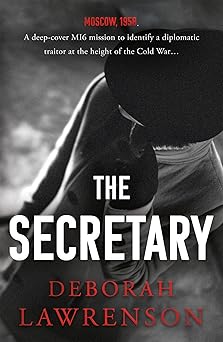
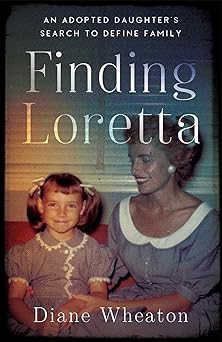
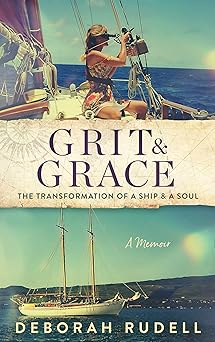
My publishing company might be interested in reprinting this. Please contact me if you are interested.
Hi, I’m the book review editor for Mom Egg Review. I’d love to review this anthology. Would you be able to send me a review copy?
Bunny Goodjohn
Book Review Editor